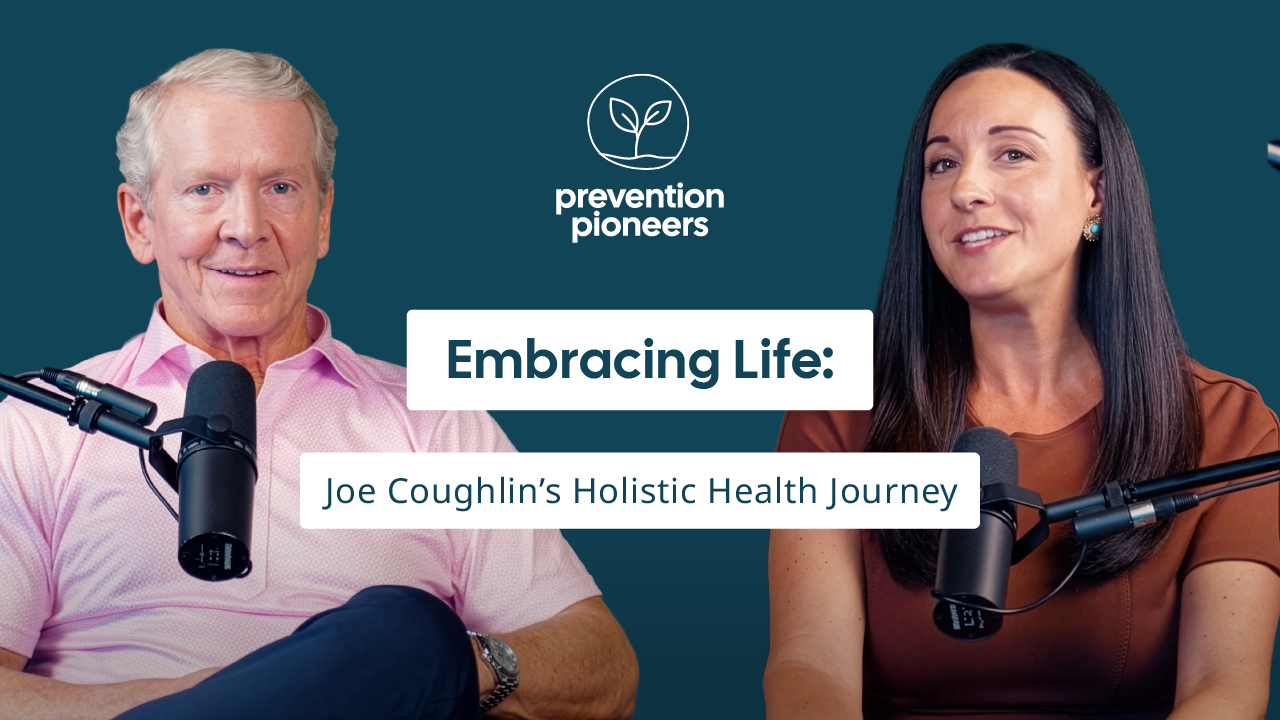Body Image in the Workplace: Understanding Its Impact on Mental Health and Productivity

In today’s workplace, presenteeism—where employees are physically present but not fully engaged—poses a significant challenge, often rooted in personal issues that detract from productivity. One of the more pervasive yet overlooked factors contributing to presenteeism is the preoccupation with body image. Concerns about weight, appearance, or meeting societal standards can take a serious toll on an employee’s mental health and workplace performance.
The Role of Body Image in Workplace Presenteeism
Body image is more than just how we perceive our physical appearance; it’s deeply connected to self-esteem, mental health, and social interactions. Employees preoccupied with negative body image may experience constant self-scrutiny and anxiety, distracting them from their work. This distraction not only affects individual productivity but also disrupts team dynamics and overall workplace morale.
According to the Mental Health Foundation, 20% of adults reported feeling ashamed of their body image, and this distress was directly linked to decreased workplace productivity. This data highlights the significant impact that body image issues can have on the workforce, making it crucial for employers to address these concerns proactively .
A key factor in this issue is the work environment itself. Workplaces that unknowingly perpetuate harmful ideals—whether through subtle comments, promotion of unhealthy beauty standards, or a lack of inclusivity—can exacerbate these concerns, leading to higher levels of stress and anxiety. Research from The Academy of Nutrition and Dietetics supports this, indicating that individuals with body image concerns may experience increased stress and anxiety, which in turn decreases their work performance .
The Complexity of Body Image
Understanding body image is crucial for addressing these challenges in the workplace. As explored in our recent course, “Improving Your Body Image,” led by mental health counselor Channing Marinari, body image is a multifaceted concept involving perceptual, affective, cognitive, and behavioral components. These elements shape how individuals perceive themselves, feel about their bodies, and behave in response to these perceptions.
Negative body image can lead to significant mental health issues, including eating disorders, anxiety, and depression. In the workplace, this might manifest as employees being overly concerned with how they look, leading to behaviors like excessive dieting, compulsive exercise, and other actions that negatively impact well-being and work performance.
Addressing Body Image Concerns in the Workplace
Employers have a responsibility to create a supportive environment that promotes positive body image and self-acceptance. This can be achieved by:
- Promoting Body Positivity: Encouraging a workplace culture that values diversity in appearance and challenges harmful stereotypes. This includes rejecting diet culture and celebrating all body types.
- Providing Support and Resources: Offering access to resources like counseling, wellness programs, and workshops focused on body positivity and mental health.
- Reducing Social Media Influence: Educating employees on the impact of social media on body image and encouraging a critical view of the unrealistic standards often portrayed.
- Fostering Self-Care: Promoting self-care practices such as adequate sleep, physical activity, and mental health days. Encouraging these habits can help employees focus on their well-being rather than external appearance.
Moving Towards a Healthier Workplace
To truly support employees, it’s essential for workplaces to move beyond traditional wellness programs and address the deeper issues related to body image. By fostering an environment that promotes body positivity, provides education and support, and encourages self-care, employers can help reduce presenteeism and enhance overall productivity.
Understanding and addressing body image in the workplace is not just about improving individual well-being—it’s about creating a more inclusive, supportive, and productive workplace for everyone. As we continue to explore these themes in our ongoing courses and live events, we invite employers and employees alike to join us in building healthier workplaces that support mental, emotional, and physical well-being.


